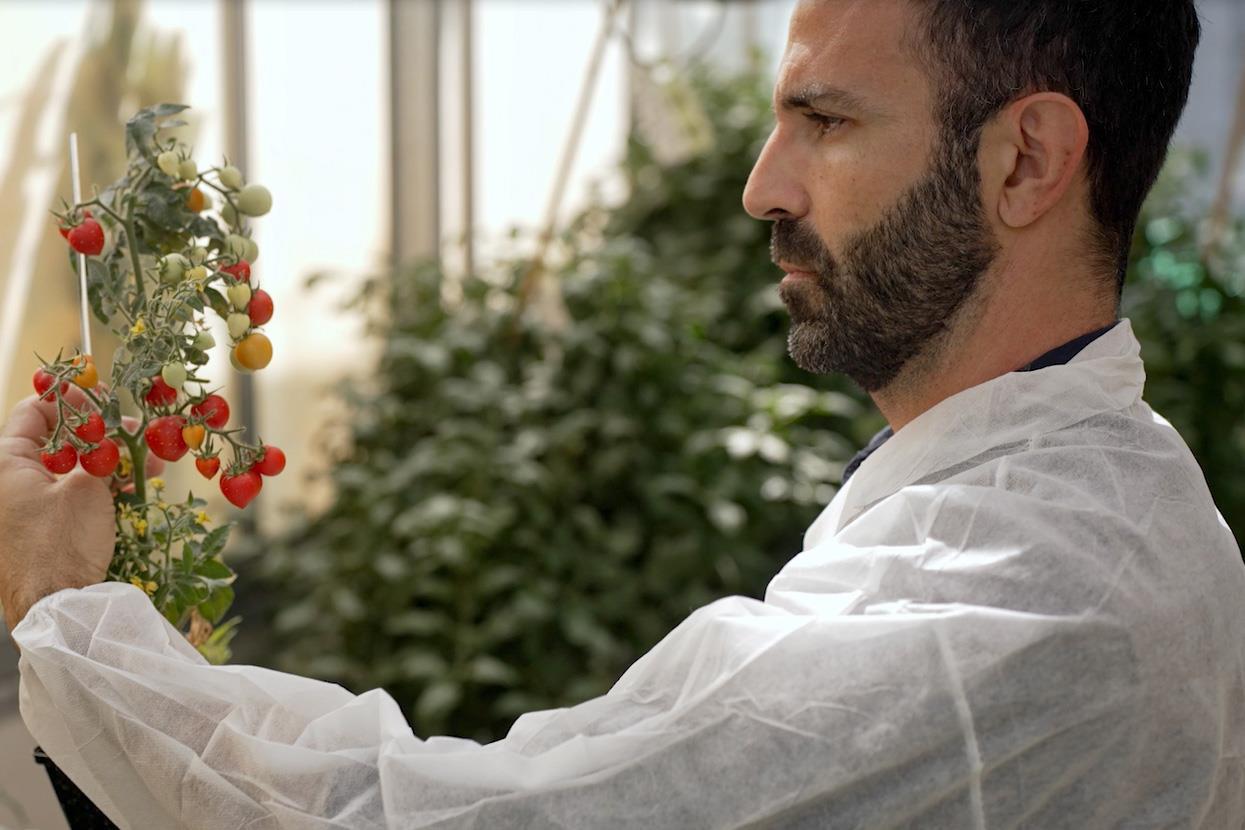
In a major breakthrough for sustainable agriculture, Apolo Biotech, a startup based in Santa Fe, Argentina, is pioneering RNA-based crop protection technologies that could significantly reduce the use of chemical pesticides. The company is using spray-induced gene silencing (SIGS), a method that involves applying double-stranded RNA (dsRNA) to plants. This RNA is absorbed by the plant and disrupts the genetic mechanisms of specific pests and pathogens, effectively “teaching” plants to defend themselves.
Unlike traditional pesticides, this RNA-based approach leaves no harmful residue and targets only the intended pathogens, offering a highly specific and environmentally friendly alternative. Apolo Biotech has already demonstrated promising results against Botrytis cinerea, a fungal disease that affects over 200 plant species. In lab conditions, the RNA treatment achieved 100% suppression of the disease, compared to just 25% in untreated controls.
To scale up production, Apolo Biotech recently launched Latin America’s first pilot-scale RNA manufacturing facility at the ParqueTecnológicoLitoral Centro. This 120-square-meter plant is capable of producing stabilized RNA for testing and eventual commercial application. The startup uses proprietary bioinformatics tools to ensure that its RNA formulations are highly specific, avoiding any off-target effects on non-pest organisms such as pollinators, beneficial insects, and humans.
With support from national and international grants and partnerships with industry players like SpeedAgro, Apolo Biotech plans to bring its products to market within the next 12 to 18 months. Current field trials include strawberries, tomatoes, grapes, lettuce, peanuts, and blueberries. The company’s platform also holds promise for enhancing plant tolerance to drought and stress by modulating specific plant genes.
Apolo Biotech’s CEO Matías Badano emphasized that the goal is not just disease control but a full transformation of how agriculture interacts with the environment. By replacing chemical inputs with intelligent RNA molecules, the company hopes to support organic farming, comply with strict international food safety regulations, and protect ecosystems from the harmful effects of synthetic agrochemicals. This technology marks a significant shift in agricultural innovation, offering a sustainable, precise, and scalable solution for global food production challenges














